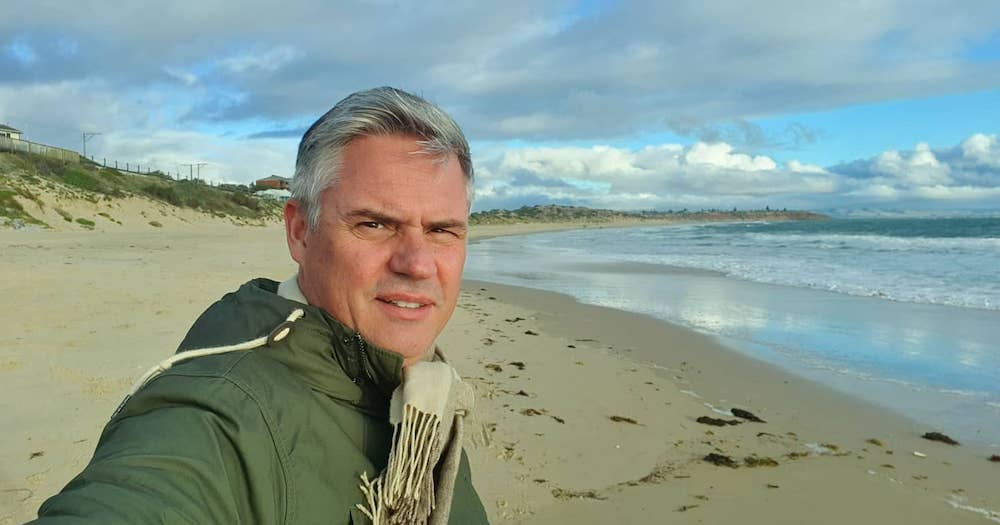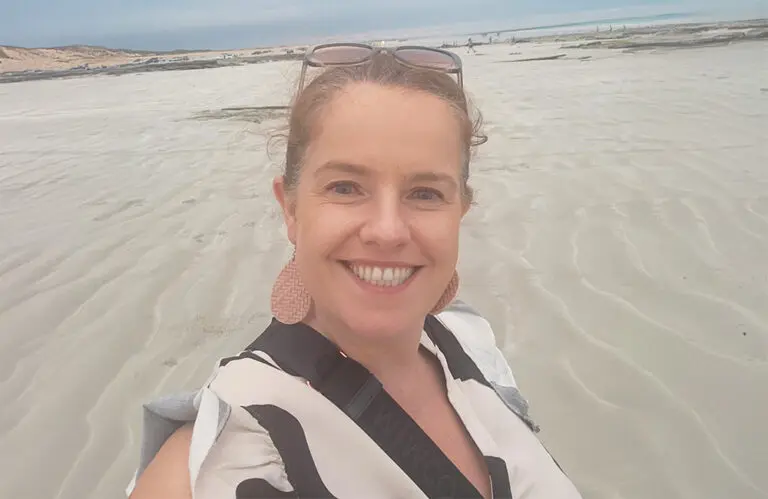The Council of Australian Tour Operators (CATO) is demanding more specific timelines in Australia’s recently released ‘pathway to normality’ plan, to save the struggling travel and tourism industries.
While progress was made last week with Scott Morrison announcing a four-stage COVID Exit Plan, the Council of Australian Tour Operators (CATO) is urgently calling for hard timelines and transparency around the trigger points for each phase of the plan, to allow the industry to protect their businesses until international borders open.
Dennis Bunnik, Chairman of CATO said, “What the Federal Government is not taking into consideration is that businesses in the travel industry cannot continue to borrow financially, in order to keep their doors open for an indiscriminate amount of time. We need more than a commitment to creating a plan – we need dates and scientific numbers.”
“The travel industry needs clear trigger points regarding vaccination levels for easing both domestic and international border restrictions. We need a simple and easy-to-access Vaccination Passport for non-restricted domestic travel – this can be used to incentivise vaccinations so that Australians can see the positive benefits of getting the jab.”
Mr Bunnik said that the country also needs the approval of a 7-day home quarantine option for returning, fully-vaccinated international travellers.
“There is a three-month lead time between the first AstraZeneca vaccination and the second,” he said.

Mr Bunnik highlighted the fact that there needs to be more public messaging about planning ahead for travel and not waiting till the borders open before deciding to be vaccinated, as this may prolong travel further for consumers (three months plus) particularly for the over 50s and 60s.
He added, “The Government needs to protect the remaining high-skilled jobs in the travel sector through extending grant schemes and improving eligibility. In tandem, it needs to work with the travel industry to prepare for a return of international travel to avoid massive skills shortage and enable Australians to travel safely”.
So why are these timelines essential?
- Many companies are fully extended financially and need transparency on how much longer they need to subsist without an income, in order to determine whether they can afford to go deeper into debt.
- Businesses need to know if a) they can afford to keep staff on until borders open and b) manage the workload if travel resumes across domestic borders and international.
- Travel companies also need to start creating travel products – which takes time and investment.
Mr Bunnik explained that it ultimately comes down to vaccinations needing to be more urgently available to the entire population and encouraged consumers who meet the criteria now to take up the opportunity to be vaccinated.
“This will allow them the freedom to fly and reconnect with their family, loved ones, friends and or colleagues both domestically and internationally and to say goodbye to lockdowns and cancelled domestic travel,” he said.
What do you think? Would a set reopening timeline save your business? Let us know. Email editor@karryon.com.au.






